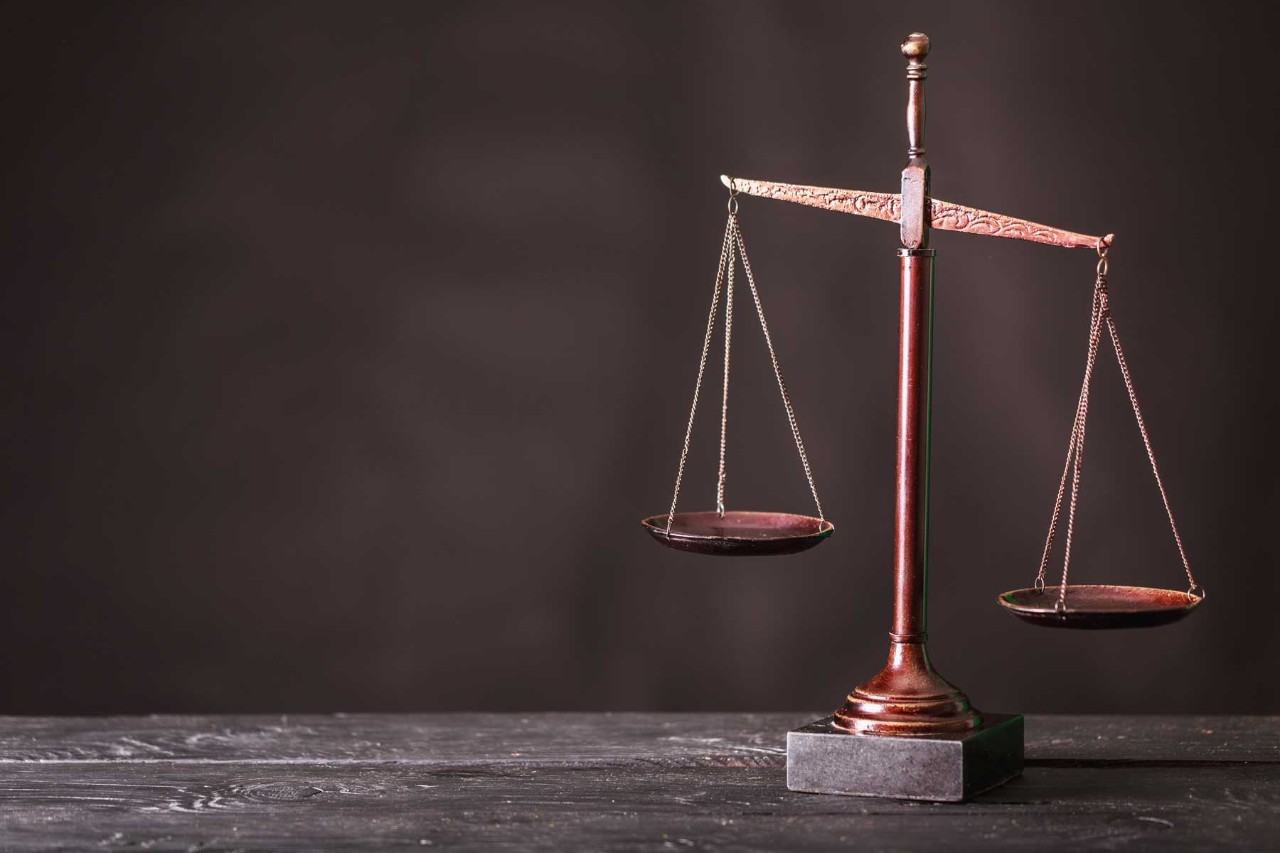Even though it occurred a decade ago, the lessons from the 2008-2009 recession are still fresh in the minds of many business leaders. And they still affect companies’ credit management decision making and strategy.
“We lost about 35% of our business during the last recession,” said Jay Matthews, President with Scott Logistics Corp., a freight management and logistics firm based in Rome, Ga. With economic indicators sending mixed signals and its days sales outstanding (DSO) metrics increasing, the company is carefully monitoring the global economy, its business trends and the behavior and financial circumstances of its customers for signs of change.
A growing sense of uncertainty
Scott Logistics is not alone. After years of strong growth, strong economic growth appears to be morphing into uncertainty as we move further into 2019, according to a recent Euler Hermes economic analysis. While the analysis suggests that economic growth will remain vibrant for the next few quarters, the longer-term horizon is a bit murkier. “The economy is starting to show signs of frailty, which gives us concern about what the economic environment will be like toward the end of 2019 and into 2020,” said Dan North, chief economist with Euler Hermes. “The going could get rough, primarily because fiscal stimulus will be drying up, and the Federal Reserve has been tightening monetary policy.”
In reading the economic tea leaves, North sees several signs that are potential cause for concern. For one thing, corporate debt as a percent of GDP has hit a record high and government debt is set to continue growing into the foreseeable future. This can be a major warning sign of trouble in credit markets and a sign that the economy has moved into the late stages of the economic expansion. The overall trade picture also shows uncertainty as newly imposed tariffs have begun taking a toll on global trade flows.
Employment indicators are also cause for concern. “When the current unemployment rate drops below the natural rate, as it has now, it suggests a state of unsustainable growth, and rising inflationary pressures which will damage the economy,” said North. “It also happens to coincide frequently with Fed tightening.”
Protecting your business
The implications of a slower economy are not lost on business leaders. As a result, they are turning their attention to the changes they may need to make to remain competitive in various slower or even no-growth economic scenarios. For many, this includes some defensive moves designed to help protect the business and its cash flow if the current economic projections prove true.
With slower economic activity, the risk of late payment and delinquencies increases, leaving many companies vulnerable to severe financial problems. Scott Logistics has already taken steps to mitigate the impact of any customer credit problems, as much in response to industry changes as the potential economic slowdown. For example, the company has already had to deal with the fallout from its customers’ changing business practices. As some manufacturers change their shipping schedules as a way to manage terrorism threats around the world, this creates payment challenges for the buyers of these goods and, by extension, Scott Logistics.
Acting as a middleman to match manufacturers and importers with freight carriers to deliver their goods, the company remains committed to paying its freight carriers within seven days despite its increasing DSO. In the past, these circumstances, along with the growing economic uncertainty, would have increased the company’s credit risk to uncomfortable levels. One bankruptcy among its larger customers could severely damage the company’s finances.
However, drawing on the lessons learned during the last recession, Scott Logistics has made one key change that will help it weather whatever economic developments come its way. The company now maintains a credit insurance policy. With credit insurance, the company is not only covered when a customer defaults, it also has access to the financial data and insight necessary to make informed credit decisions. As a result, the company is able to pursue a more aggressive growth strategy than it would without credit insurance, especially in uncertain economic conditions.
A work in progress
While the economic signs seem to be pointing toward slower growth with the possibility of a recession, there is still time for the economy to correct itself and shift away from these more troubling trends. If trade disputes ease or get resolved outright and corporations begin to pay down their outstanding debt, that could also help ease global economic concerns and point to more optimistic projections.
The actions of the U.S. Federal Reserve, which has been tightening monetary policy, will have an enormous impact on the economy “The Fed is charged with balancing inflation and unemployment, and when it is raising rates as it is doing now, it senses that unemployment is too low at a 45-year low, inflationary pressures are building with wages at a nine-year high, and the economy must be cooled off,” said North. However, there is still a chance that the Fed could adopt a more “dovish” approach to battling inflation than continuing to raise interest rates, North noted.
With the global economy still very much a work in progress, companies would do well to prepare for challenging economic times while still working toward continued growth at a company level and hoping for continued growth globally. One of the key tools third-party logistics firms can leverage in that effort is credit insurance.


















